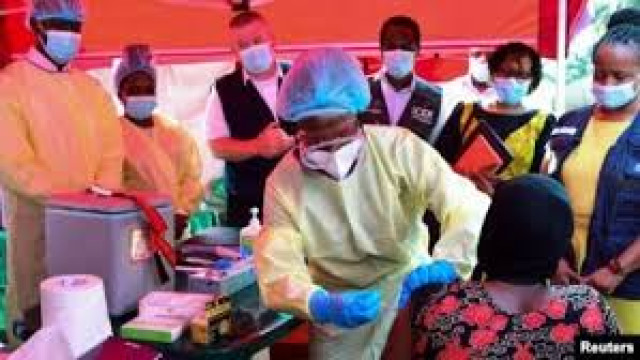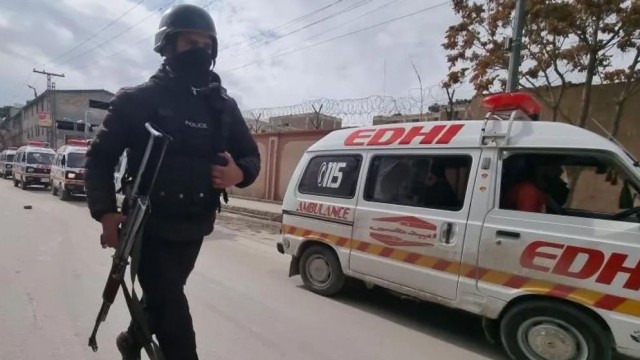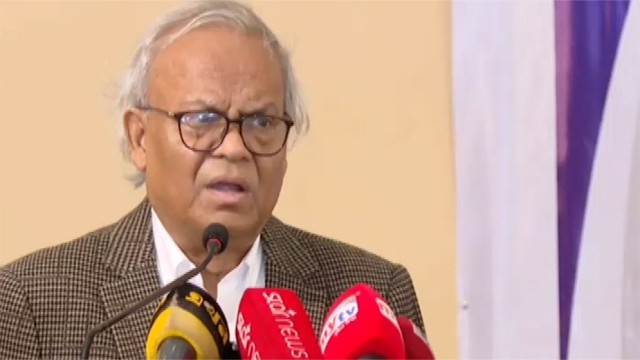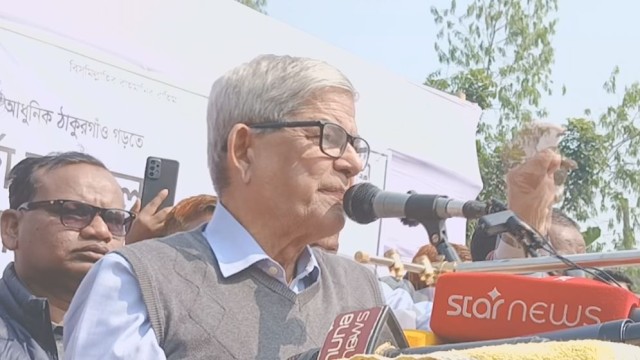Geneva, Feb 4 (V7N) — Uganda has begun the world’s first-ever vaccination trial for the Sudan strain of the Ebola virus, just days after confirming a new outbreak, the World Health Organization (WHO) announced on Monday.
It marks the sixth time Uganda has faced an outbreak of this particular Ebola strain, which has no approved vaccine. While licensed vaccines exist for one Ebola species, the Sudan strain has remained without a definitive preventive solution—until now.
The UN health agency said the trial was launched in record time after a 32-year-old male nurse in the capital, Kampala, succumbed to the virus last week.
“This vaccination trial was initiated with record speed,” WHO Director-General Tedros Adhanom Ghebreyesus said on X. “It demonstrates the importance of investing in R&D for vaccines and treatments, as well as outbreak response preparedness.”
A 'critical achievement' in pandemic preparedness
The trial, spearheaded by Uganda’s health ministry with support from WHO, follows a framework developed during the country’s last Ebola Sudan outbreak in 2022. That preparation allowed researchers to act quickly once the latest outbreak was confirmed.
The vaccine being tested was donated by the International AIDS Vaccine Initiative (IAVI) and is backed by financial support from WHO and other global health organizations.
The first 2,160 doses arrived in Kampala last week and are being deployed in a “ring vaccination” strategy—a method proven effective in previous Ebola outbreaks. Under this approach, the vaccine is administered to individuals most at risk, including direct contacts of infected patients and their secondary contacts.
On Monday, health officials defined the first vaccination “ring” around the deceased nurse, involving 40 individuals.
“This is a critical achievement towards better pandemic preparedness and saving lives when outbreaks occur,” Tedros said, reaffirming WHO’s commitment to supporting Uganda in containing the virus.
A race against time
Ebola is a deadly hemorrhagic fever that spreads through direct contact with body fluids. Symptoms include fever, vomiting, diarrhea, and internal bleeding, with an incubation period of up to 21 days.
The Sudan strain has caused eight known outbreaks—five in Uganda and three in Sudan. In contrast, the Democratic Republic of Congo (DRC) has battled multiple epidemics of a different Ebola strain, including a devastating outbreak in 2020 that claimed more than 2,200 lives.
The deadliest Ebola epidemic, which struck West Africa between 2013 and 2016, killed more than 11,300 people.
With no approved vaccine for the Sudan strain, health officials are racing to determine whether this candidate can provide a breakthrough in protection against one of the world’s deadliest viruses.































Comment: